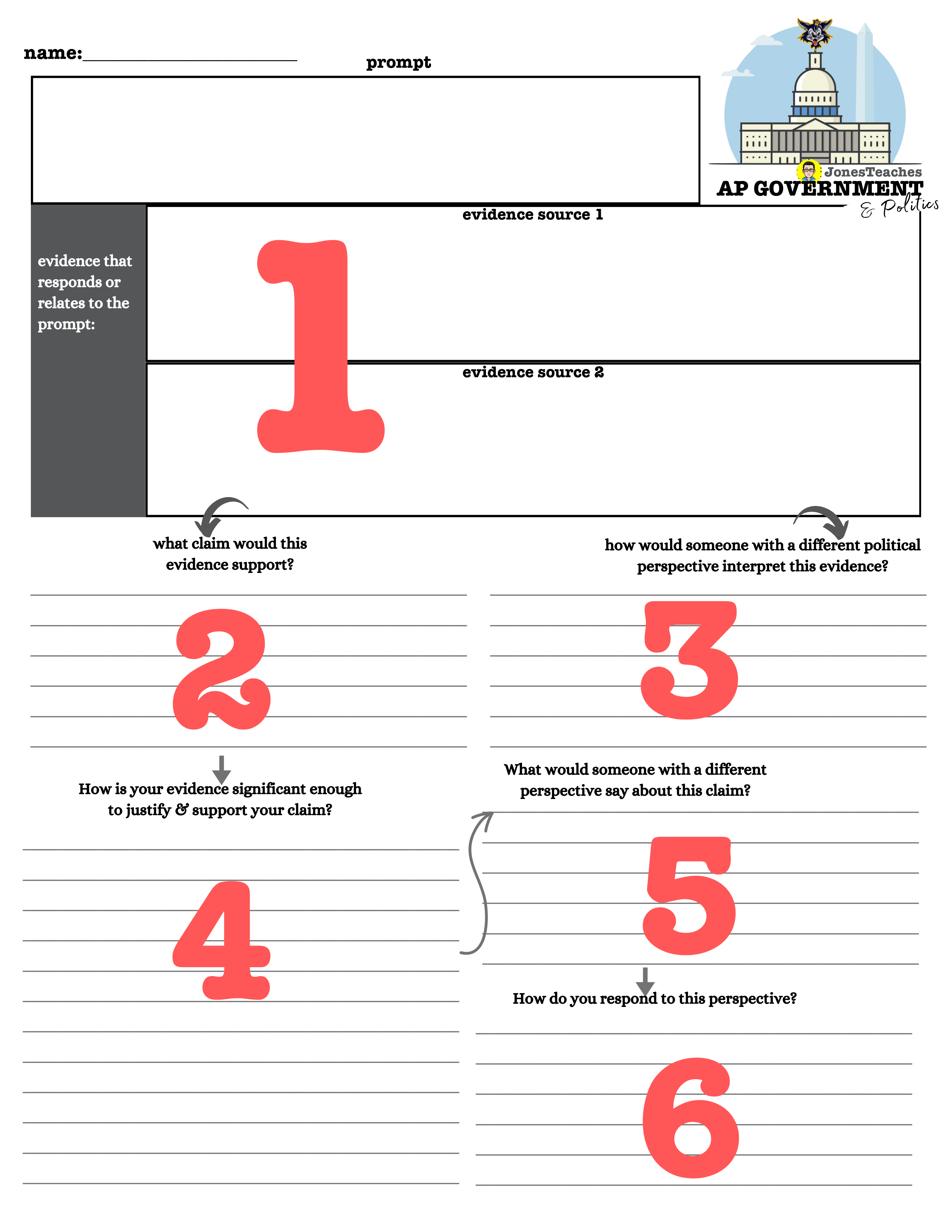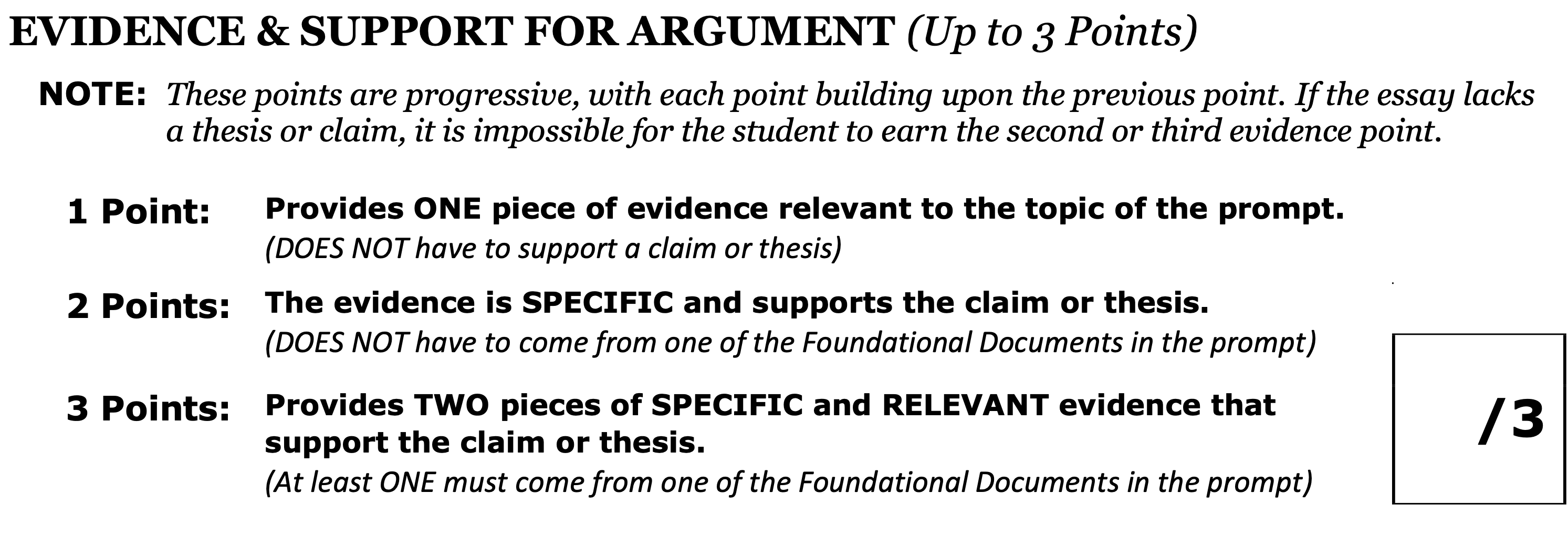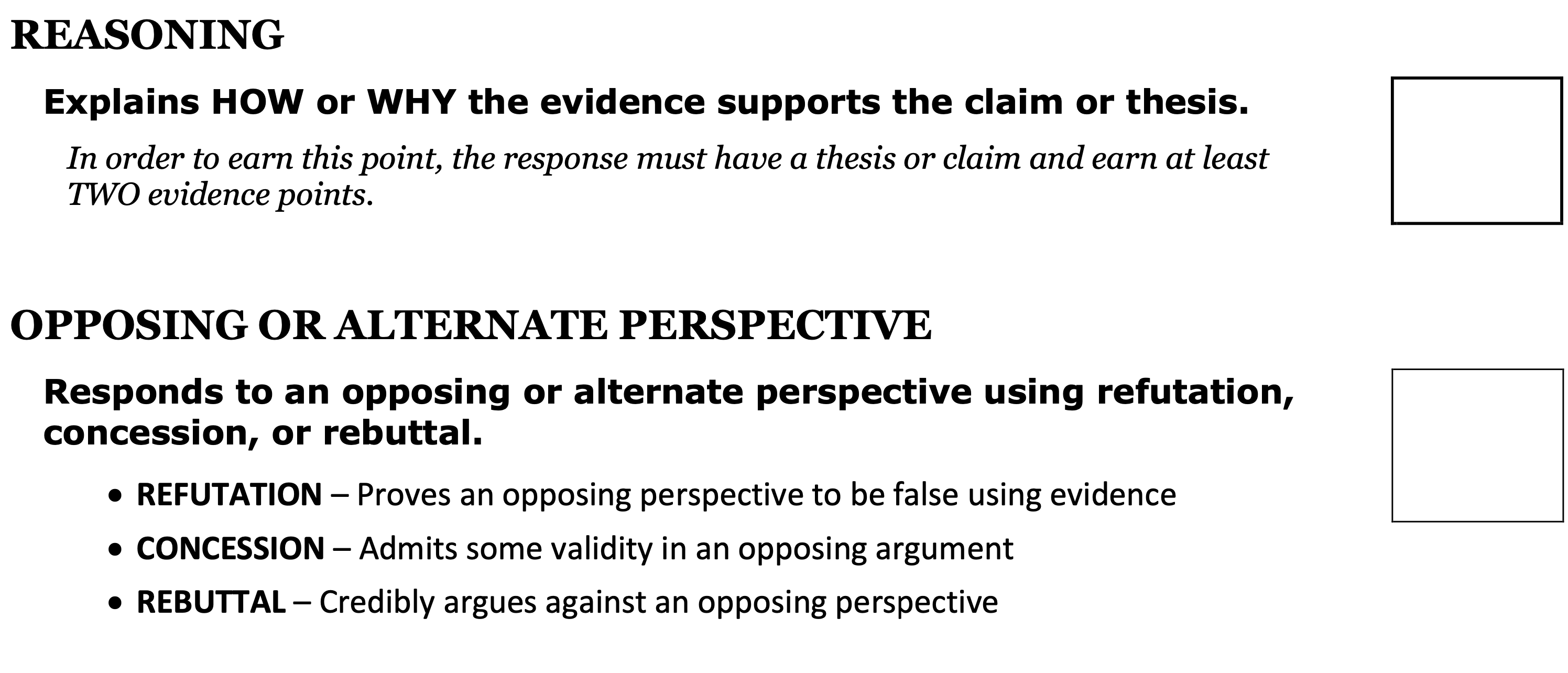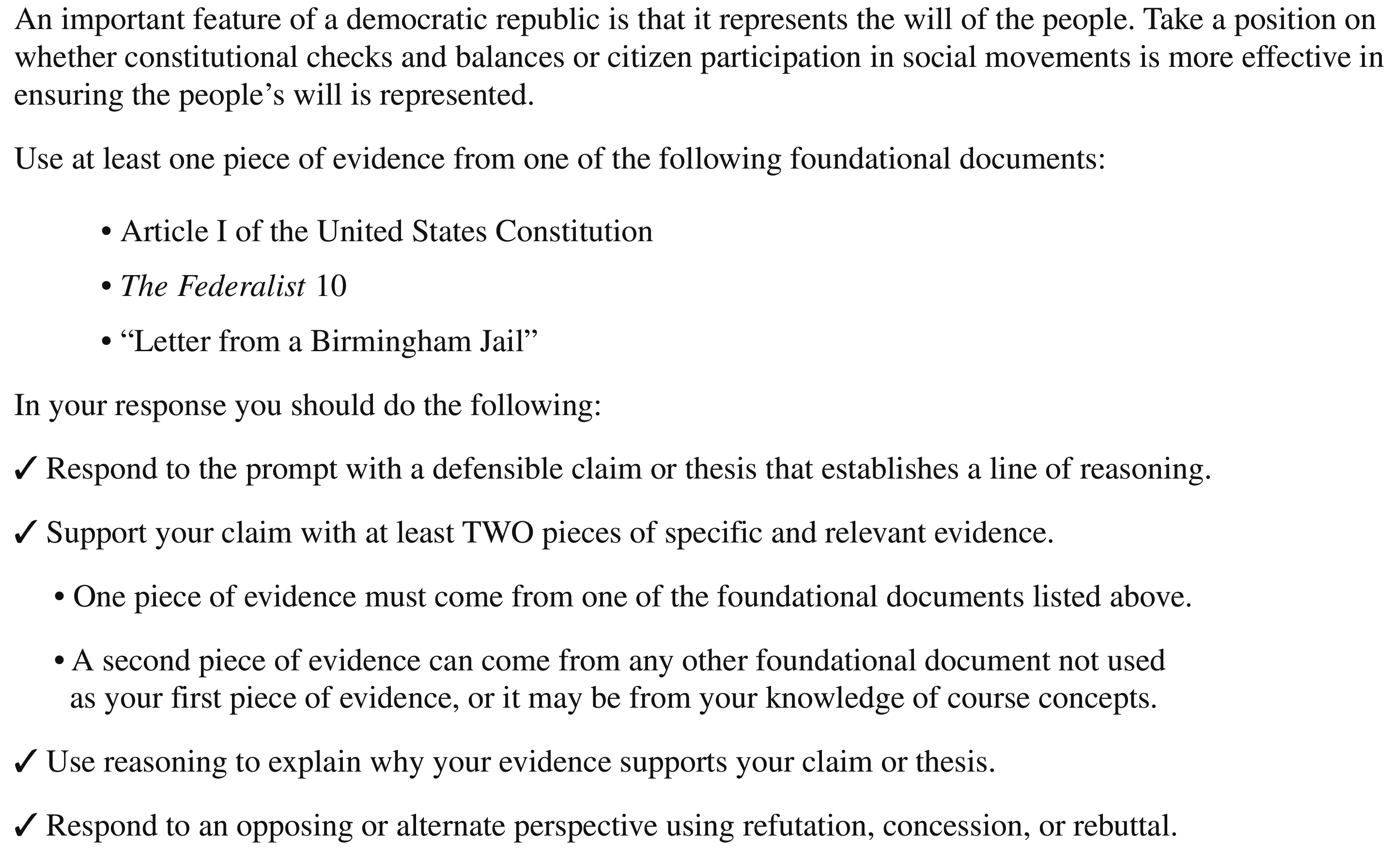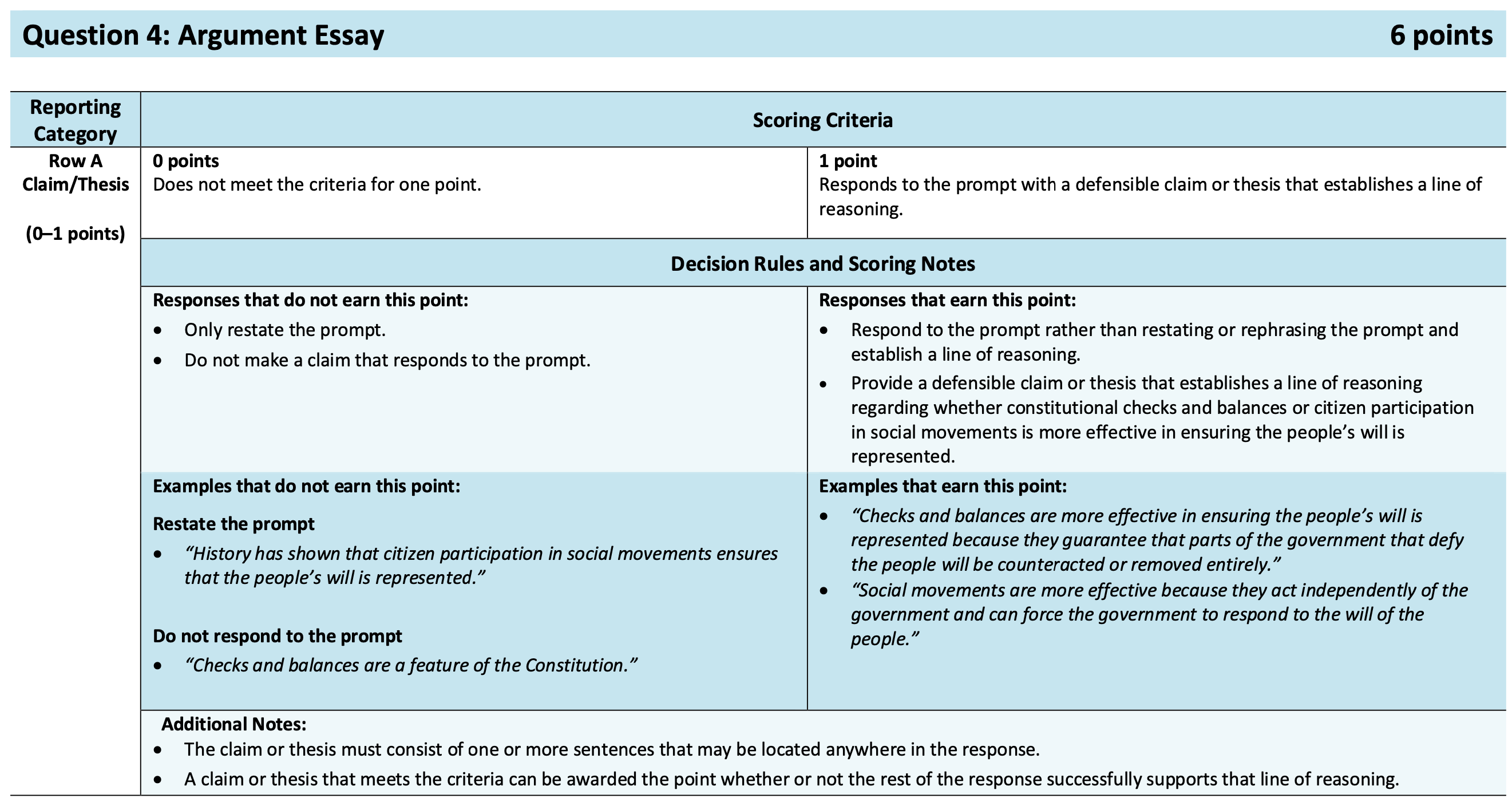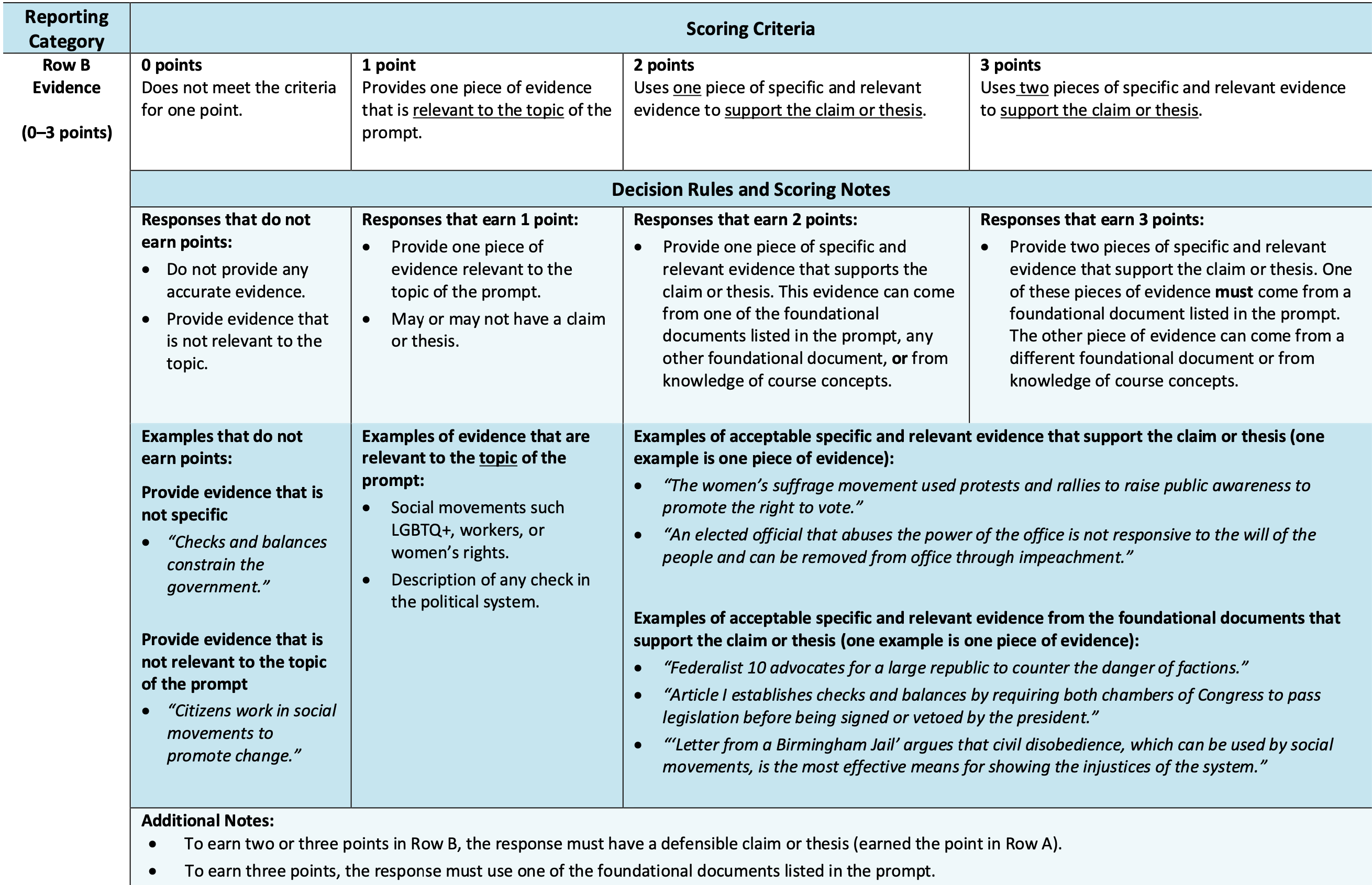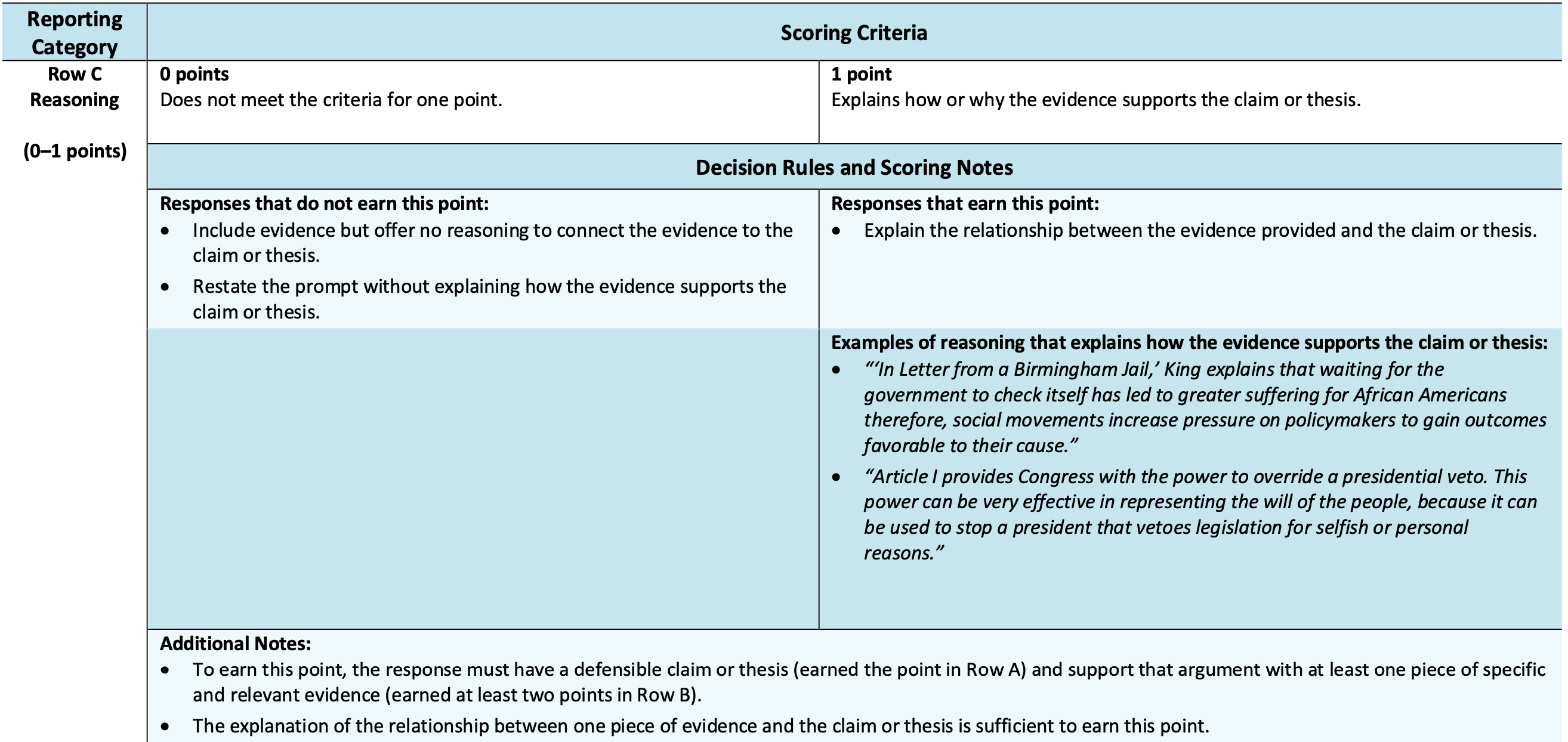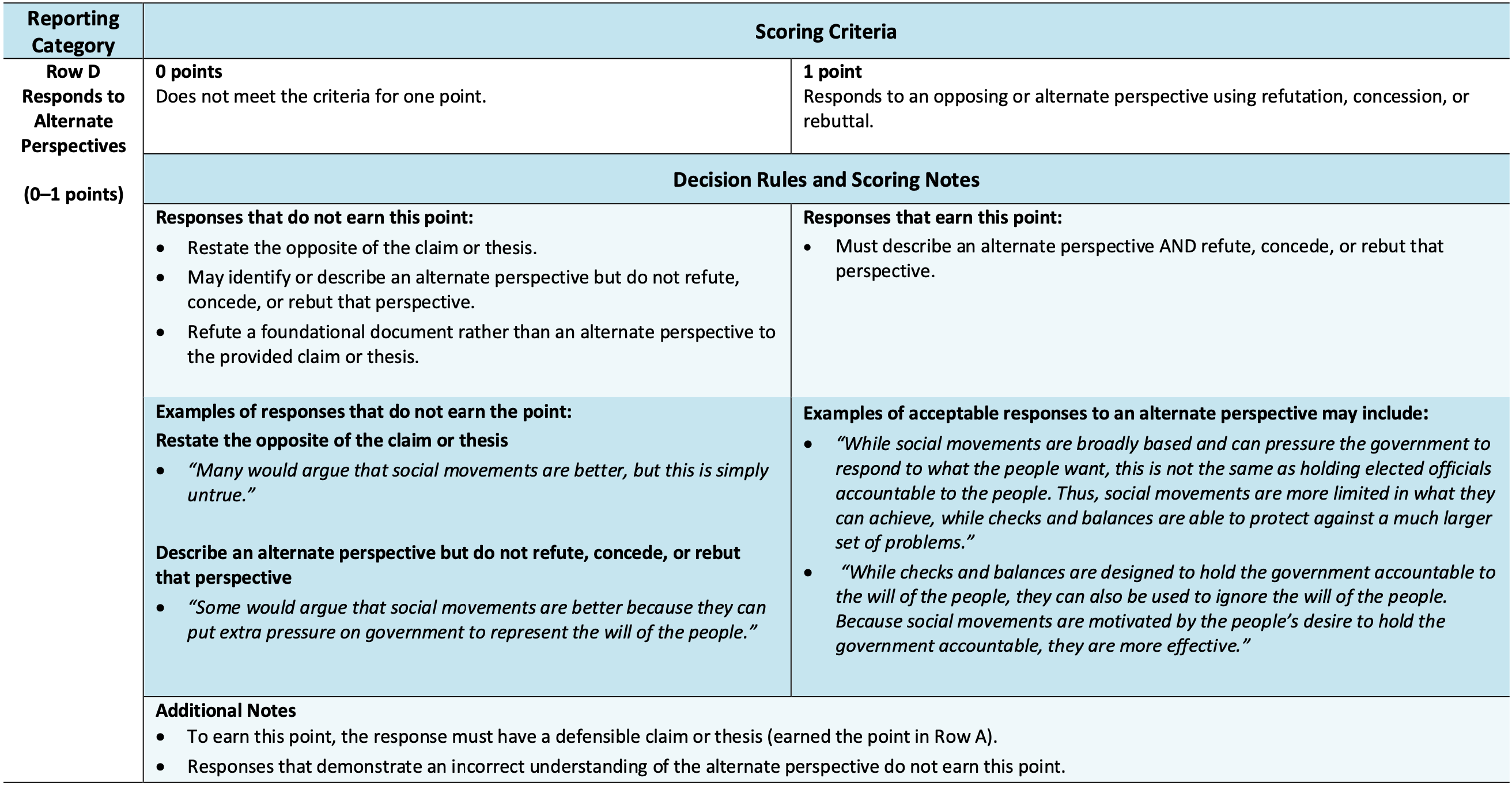The United States Presidency has evolved and expanded since the days of the founding generation. Taking steps to prevent presidential abuses of power, the founding generation debated distributing power to multiple executives, but were ultimately swayed by arguments Hamilton put forward in Fed 70.
Compare the current state of the U.S. presidency to the founder’s intention of the single executive. Is the presidency today still aligned to the founding principles, or have contemporary presidents exceeded constitutional guardrails?
Use evidence from at least one of the following foundational documents
- The U.S. Constitution, Article II
- Federalist Papers No. 70
In your response you should do the following:
✓ Respond to the prompt with a defensible claim or thesis that establishes a line of reasoning.
✓ Support your claim with at least TWO pieces of specific and relevant evidence.
- One piece of evidence must come from one of the preceding foundational documents.
- A second piece of evidence can come from any other foundational document not used as your first piece of evidence or it may be from your knowledge of course concepts.
✓ Use reasoning to explain why your evidence supports your claim or thesis.
✓ Respond to an opposing or alternate perspective using refutation, concession, or rebuttal.
